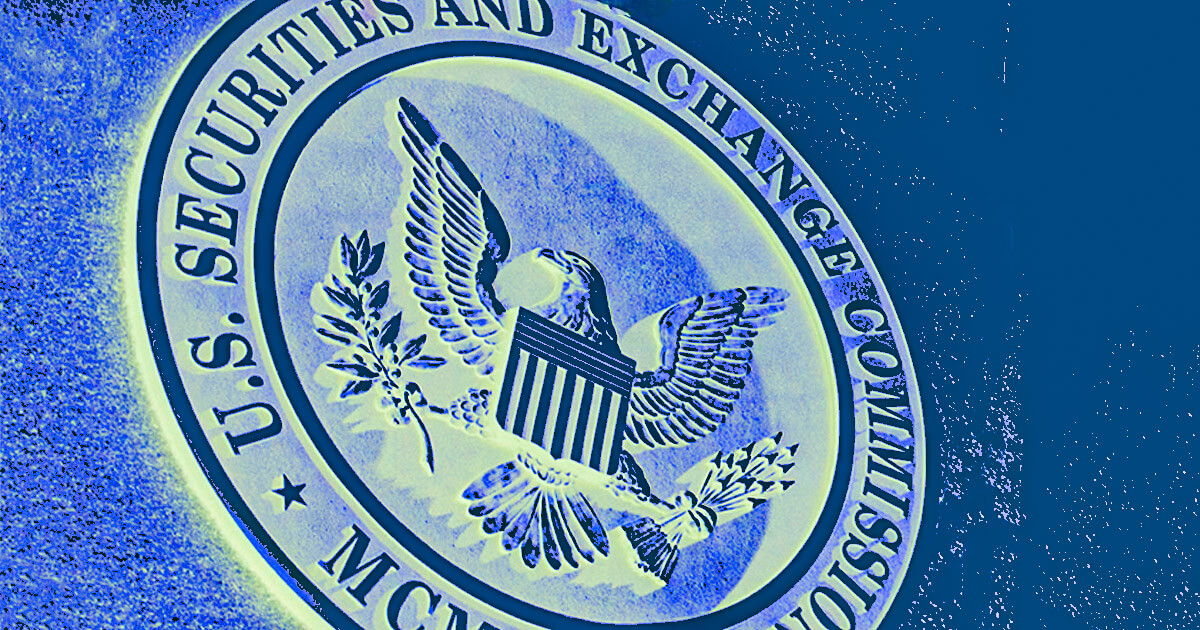The digital age is upon us, and with each passing day, the integration of technology into our economic systems becomes more intricate and essential. Cryptocurrency and Web3 herald a new frontier of digital innovation, potentially steering economies toward unprecedented growth and transparency. The debate on how to regulate these digital assets is central to their acceptance as an asset class. Striking the right balance between fostering innovation and ensuring investor protection is crucial, especially for a burgeoning tech leader like India.
Traditional financial markets are structured around several key institutions: custodians, exchange venues, depositories, and insurance entities. Each plays a distinct role in ensuring the system’s robustness. For instance, custodians hold clients’ securities, reducing the risk of loss during black swan event, exchanges provide a platform for trading, depositories ensure the proper storage of assets, and insurers cover operational risks. This separation of duties prevents conflicts of interest and promotes transparency and trust among market participants.
Applying a similar structure to the cryptocurrency market could enhance its legitimacy and security. By segregating duties within the crypto infrastructure, we can mitigate risks associated with asset concentration and mismanagement, as currently a single entity acts as exchange venue, custodian and depository. This regulatory framework would not only protect investors but also solidify the foundation for sustained innovation in this space.
Looking at the broader canvas, the potential for Crypto and Web3 to boost the Indian economy is immense. It’s projected that these technologies could add as much as $1 trillion to India’s economic fabric. Recognizing this potential, the government must deliberate carefully to devise a regulatory framework that nurtures this growth. Effective regulation would not only ensure stability but also attract global investment into India’s digital asset ventures, positioning the country as a leader in the digital economy.
Historically, India has lagged in the initial waves of internet technologies – Web 1.0 and Web 2.0. However, the emergence of Web3.0 offers a unique opportunity for India to lead from the forefront. The decentralized nature of Web3.0, which includes technologies like blockchain and cryptocurrency, allows for innovations to be developed in India for global use without the infrastructural dependencies that characterized previous technological evolutions. This shift presents a strategic advantage that the Indian government should capitalize on.
To truly harness this potential, a dual approach is necessary: top-down through thoughtful regulation and bottom-up through education. Integrating blockchain and cryptocurrency studies into college and university curriculums would prepare a future workforce adept, in these new technologies. Moreover, it would spur academic research and innovation in these fields, further strengthening India’s position in the global digital economy.
Additionally, supporting startups focused on Crypto and Web3 is essential. Creating a regulatory “sandbox” would allow startups to experiment and innovate within a controlled environment. This sandbox could serve as a testing ground for new ideas and business models without the immediate burden of full regulatory compliance. Under careful supervision, such an environment could lead to breakthrough innovations that could then be scaled globally.
The balance of robust regulation and active support can make India not only a participant in the digital age but a leader in its rights. For India, the time is now to craft a visionary policy framework that supports technological advancements while safeguarding the interests of investors. The potential benefits of such a policy are vast, extending economic gains and establishing India’s footprint in the global digital economy. This visionary approach will define India’s trajectory in the blockchain and cryptocurrency spheres, ensuring it remains at the forefront of technological innovation while fostering a secure, reliable market for its citizens and investors alike.
Inputs by Krishnendu Chatterjee, Co-founder and CEO of A2Z Crypto
Credit: Source link















































